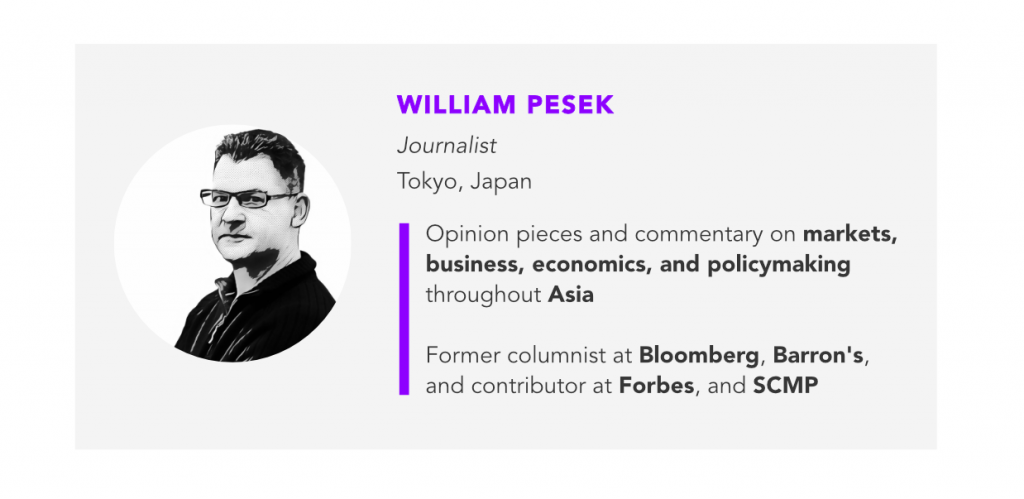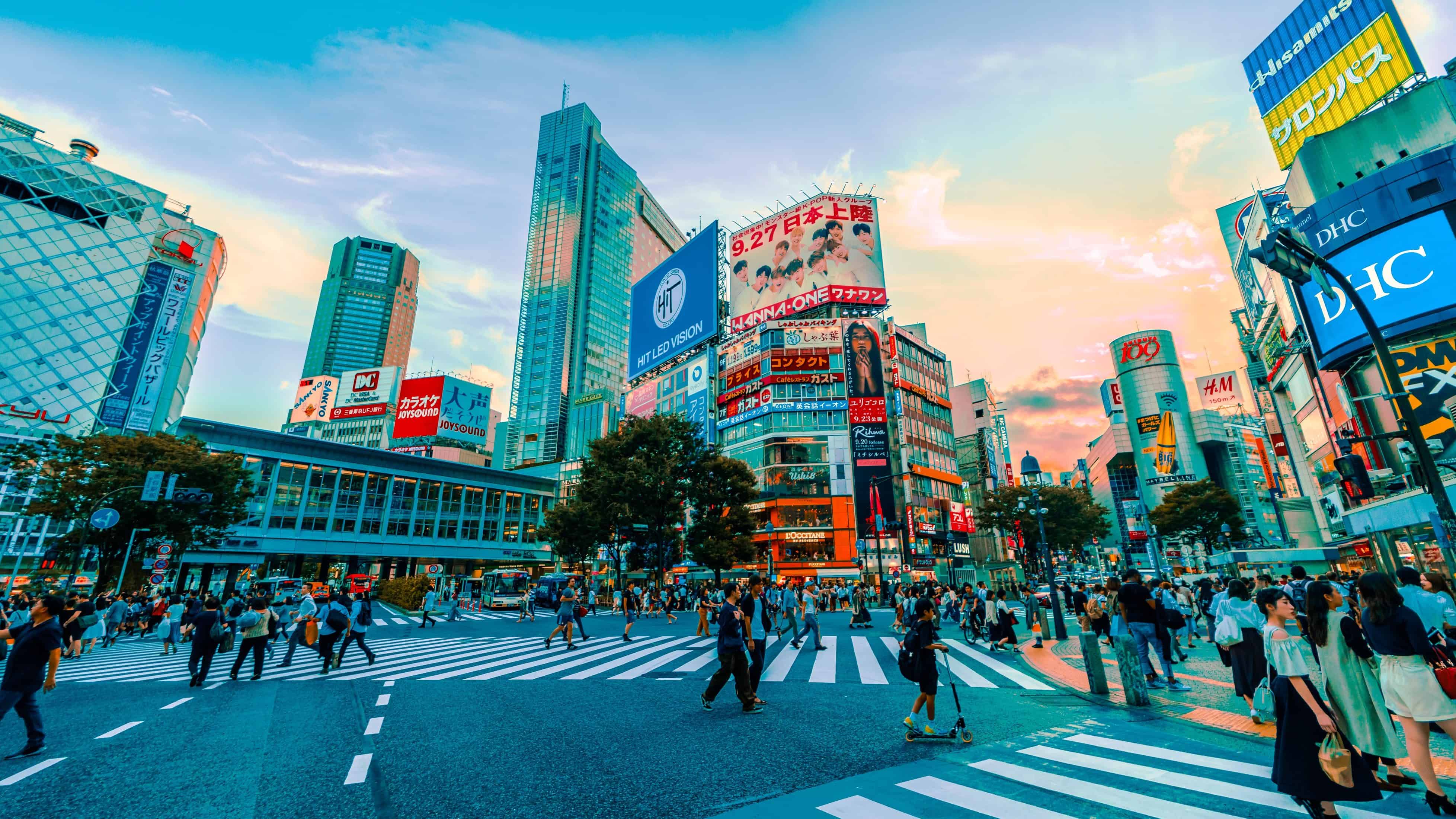Facebook just did the unthinkable in the Donald Trump era: give America’s Republicans and Democrats something on which to agree. Same with the Group of Seven nations taking a dim view of the social media giant minting its own money.

US President Trump declared that Libra, Facebook’s proposed virtual currency, “will have little standing or dependability.” The Twitter-troll-in-chief didn’t stop there, saying he’s “not a fan” of Bitcoin and the cryptoworld in general, assets he argues are “not money, and whose value is highly volatile and based on thin air.”
Many members of US Congress said as much in a raucous July 17 hearing on Libra. New York Democratic Congresswoman Alexandria Ocasio-Cortez spoke for many by questioning the “public good” of a “currency controlled by an undemocratically selected coalition of largely massive corporations,” one that doesn’t include any banks. Added Senator John Neely Kennedy, a Louisiana Republican: “Facebook now wants to control the money supply. What could go wrong?”
There are, of course, more supportive voices. For example, David Lipton, acting chief of the International Monetary Fund, warns that financial innovation might be the biggest casualty if lawmakers “squelched” Libra out of hand. Such views, significantly, have support from a vital, if unlikely, global power: Japan.
In Chantilly, France last week, G7 officials tripped over themselves to head off Mark Zuckerberg at the pass – none more acerbically than Steven Mnuchin, Trump’s Treasury secretary. Mnuchin has voiced “grave concerns” about Libra, saying it “could be misused by money launderers and terrorist financiers.” When a US finance czar calls your big project a “national security issue,” you know you’re is courting trouble.
That’s doubly so when the likes of Bruno Le Maire, France’s finance minister, says “I fully share the concerns expressed by Mnuchin. We cannot accept any exchange currencies with the same kind of power and same kind of role as a sovereign currency.” Nor is German Finance Minister Olaf Scholz exaggerating when he says “Libra is on everyone’s mind.”
The good news: that includes Taro Aso in Tokyo. In Chantilly, the Japanese finance minister countered that “users would find [Libra] useful in making international money transfers because it would be cheaper than the current system. But whether it will be reliable is another issue.” In other words, let’s talk about how to make a private unit of exchange like Libra work.
Here, Japan is again proving itself to be the major economy most open to cultivating a crypto revolution that most of its peers are keen to squelch, and fast. In 2017, Tokyo was the first government of a developed nation to recognize Bitcoin as legal tender. Since then, Tokyo has made significant strides in regulating and licensing crypto assets.
In June, when Japan hosted the annual Group of 20 summit, it put crypto-assets on the discussion table – a first for the grouping. Along with circulating a guide for cryptocurrency regulation, based on its own experiences, Japan insisted the topic be included in the formal communique. And using language that played up how “technological innovations can deliver significant benefits” over the panicky verbiage used in Trump’s Washington.
There’s great irony in this push. Typically, risk-averse, aging Japan seems the last place that might welcome blockchain innovators disrupting the system faster than Aso, 78, and his team can grasp. The crypto game, meanwhile, has covered the city in crime tape enough times to warrant a “CSI: Tokyo” series.
The mystery surrounding the 2014 Mt. Gox heist, where hackers made off with US$450 million of tokens, still has sleuths entranced. Ditto for the more than US$500 million of coins that vanished from the Coincheck exchange in 2018. Another episode earlier this month saw roughly half the 110,000 customers at the Bitpoint exchange become victims.
But Tokyo is right to keep an open mind on two fronts. One, it positions Tokyo as a global hub for crypto-trading and issuance. This, of course, is part of a broader goal of Prime Minister Shinzo Abe’s government. Tokyo has looked on with alarm as Hong Kong, Singapore and Shanghai and Shenzhen became premier financial centers. It also hopes to nurture more tech “unicorns” since Japan trails even Indonesia in producing US$1 billion-plus startups. While crypto-asset growing pains are numerous, Japan will be front and center when Bitcoin and the blockchain boom grow up.
Two, Japan is bowing to the inevitable. Today, it’s Facebook turning heads at government offices and central banks. It would be naïve, though, to think Alibaba’s Jack Ma, Amazon’s Jeff Bezos, SoftBank’s Masayoshi Son, Tesla’s Elon Musk and others aren’t scrambling to create Libra competitors. Or, for that matter, the People’s Bank of China. What better way to dent America’s global clout than eclipsing the dollar?
Facebook, arguably, may have been the wrong messenger. In Washington, it’s the target of bipartisan anger and suspicion. Democrats blame its anything-goes news feed for helping elect Trump; Republicans believe Zuckerberg’s platform is biased against conservatives. What if, for example, Apple’s Tim Cook had been the Silicon Valley mogul to unveil Libra? Might there have been less of a backlash?
Far from going away, though, this global game of Whack-A-Mole will only intensify. Officials in Tokyo are, for better or worse, resigning themselves to a coming bull market in both proposed private currencies and financial innovation in general.
Libra, and its yet-to-be-announced rivals, might not happen. The virulence of the push-back in G7 circles speaks to the level of skepticism. As France’s Le Maire puts it: “We won’t allow private states to emerge that would have the same privileges of a state but without the controls that go with it.”
G7 officials get that cryptocurrencies could lower transaction costs, improve efficiency and make life easier for the unbanked masses. But the lack of transparency and reporting norms, they argue, would make money laundering, terror financing and tax evasion great again. If officials from Washington to Brussels to Tokyo worry about North Korea, Iran and other rogue actors now, just wait until they can spirit money around via social media.
Yet Japan’s pragmatism is a welcome voice in the debate. Bank of Japan Governor Haruhiko Kuroda views Libra as a useful test case to “see if cryptocurrencies can gain people’s confidence as a means of payment.” Key to that confidence taking hold, though, is Kuroda and fellow policymakers helping build a credible market infrastructure.
Money laundering and terror capital concerns mean governments will demand to play a central role. This, Aso says, requires a balancing act among crypto issuers, punters and governments. “Applying existing regulations alone may not be enough,” he says. “A comprehensive examination is needed to see if Libra poses new challenges that existing rules don’t take into account.”
Again, it’s entirely possible that Facebook’s currency won’t fly. Yet Zuckerberg is hardly alone in his desire to devise a new business model that harnesses the crypto boom. And if following the proverbial money is any guide, Tokyo will have a pivotal role in how that model develops. As Tokyo keeps the door open, no less than 110 crypto exchanges are lining up to launch in the Japanese capital. The “likes” Facebook and others are getting from Japan could be a game-changer.




